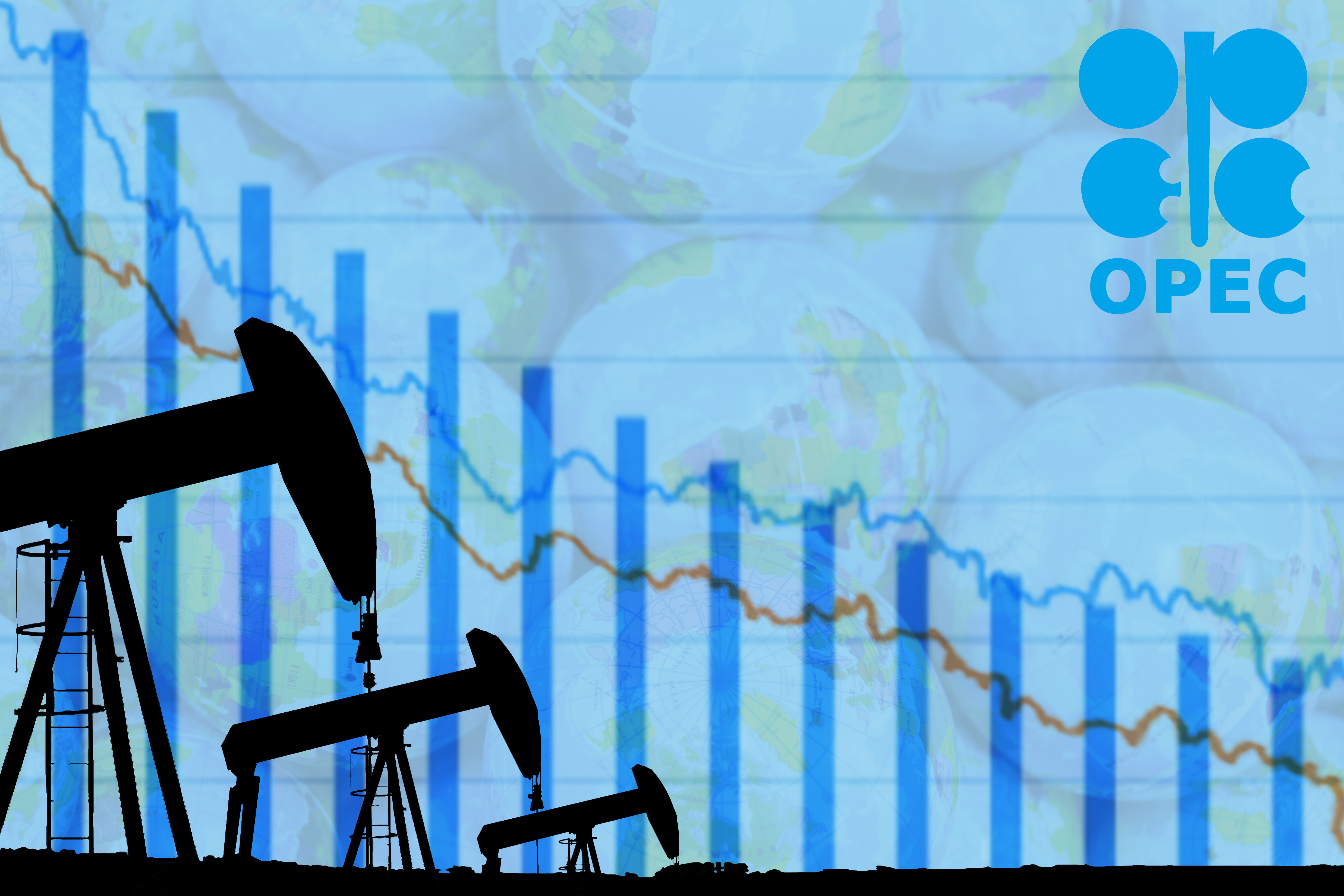

The Organization of Petroleum Exporting Countries (Opec), led by the cartel’s largest producer Saudi Arabia, and a group of 11 other non-Opec producers headed by Russia, on 23 September ruled out increasing crude output imminently, at their meeting in Algeria to take stock of the global demand and supply situation.
Crude prices have remained robust in recent weeks, with global benchmark Brent crude staying around the $80 mark.
High prices have prompted US President Donald Trump and other key consumer nations, such as India, to appeal to the grouping of the world’s major oil producers to increase supply in a bid to drive prices down.
Saudi Arabia’s Energy Minister Khalid al-Falih told media at the Algiers meeting that the kingdom had spare capacity to increase oil production, although such a move was not needed presently.
"My information is that the markets are adequately supplied. I don't know of any refiner in the world who is looking for oil and is not able to get it," al-Falih was quoted as saying in media reports.
Russian Energy Minister Alexander Novak said no immediate output increase was necessary, although he believed a trade war between China and the US, as well as US sanctions on Iran were creating new challenges for oil markets.
Together, the Opec and non-Opec producers could spike output by 2 million barrels a day (b/d) if the grouping was convinced of a deficit in supply in the near-term, or received specific requests from customers to hike supply, according to al-Falih.
Although he did not specify how that could be done, Saudi Arabia is the only oil producer with significant spare capacity to take individual output to up to 12 million b/d.
Al-Falih said state energy giant Saudi Aramco is making the necessary preparations to access that spare capacity “within days and weeks” if needed.
The UAE said it is ready to increase production by 600,000 b/d and Russia said it could bring another 100,000 b/d online. Kuwait said production in the Neutral zone, which it shares with Saudi Arabia, could bring another 400,000 b/d online by the end of the year.
Over-compliance to output cut deal
Opec and non-Opec members had only in late June agreed to simply adhere to and not go overboard with 100 per cent compliance to their deal to curb output by 1.8 million b/d – which came into effect since the start of 2017, and was renewed in November last year to continue until the end of 2018.
That would equate to Opec and non-Opec producers collectively raising output by about 1 million b/d, although latest figures show they are some way from achieving that target.
Despite the agreement among the producers at 22 June meeting at Opec’s headquarters in Vienna to ease supply from 1 July, over-compliance to the deal has remained high – at 109 per cent and 129 per cent in July and August respectively.
Saudi Arabia’s Al-Falih said returning to 100 per cent compliance was the main objective and should be achieved in the next two to three months.
"We have the consensus that we need to offset reductions and achieve 100 per cent compliance, which means we can produce significantly more than we are producing today if there is demand," Al-Falih said.
"The biggest issue is not with the producing countries, it's with the refiners, it's with the demand. We in Saudi Arabia have not seen demand for any additional barrel that we did not produce."
The boost to crude prices resulting from over-compliance to the output cut deal may have fetched higher revenues for oil producers, but has left large consumer countries and oil imports-reliant economies reeling from ‘unsustainable’ prices arising from the demand-supply imbalance.
While Trump in the past has taken to Twitter to publicly call on the Opec and non-Opec members to address the challenge of higher prices, his criticism of the cartel ahead of the Algiers meeting was more direct:
https://twitter.com/realDonaldTrump/status/1042733544466989057
"I do not influence prices," Saudi Arabia’s Al-Falih told reporters in Algeria, in apparent response to Trump’s tweet.
Crude prices ramping up off late has mainly stemmed from a decline in oil exports from Opec’s third largest member Iran, with its key customers in Europe and Asia reducing purchases ahead of the fresh US sanctions on Tehran’s energy sector coming into effect from 4 November.
Crude remaining high has also been caused by regular supply disruptions from Opec members Venezuela and Libya, further widening the demand-supply gap.
Iran, whose production as per Opec data stood at 3.58 million b/d in August, has accused Trump of orchestrating the oil price rally by imposing sanctions on Tehran and accused its regional arch-rival Saudi Arabia of bowing to US pressure.
Iranian Oil Minister Bijan Zanganeh has said Trump's tweet "was the biggest insult to Washington's allies in the Middle East".
You might also like...

Iran-US talks see earnest engagement
27 February 2026

Kuwait receives bids for $400m Subiya utilities plant works
27 February 2026

A partner’s perspective on working with Sharakat
27 February 2026

Egypt’s Obelisk equity move merits attention
27 February 2026
A MEED Subscription...
Subscribe or upgrade your current MEED.com package to support your strategic planning with the MENA region’s best source of business information. Proceed to our online shop below to find out more about the features in each package.
Take advantage of our introductory offers below for new subscribers and purchase your access today! If you are an existing client, please reach out to your account manager.









